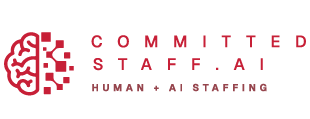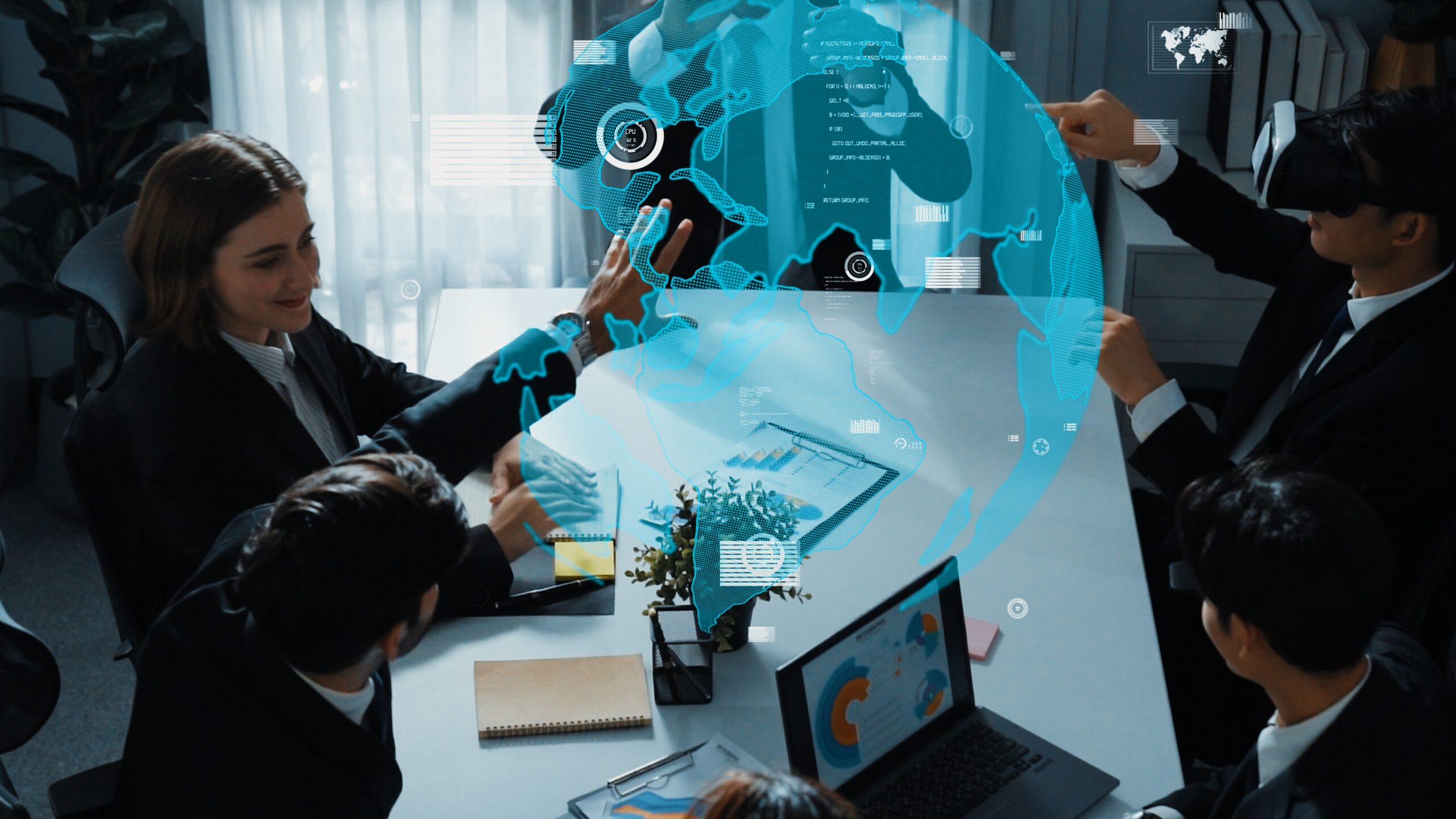The New Era of Work
In today’s fast-paced business landscape, one thing is clear: traditional staffing models are evolving. Executives looking to scale operations, optimize talent management, and maintain a competitive edge must embrace the concept of hybrid teams, where human intelligence meets artificial intelligence (AI). Leveraging AI-driven agents alongside skilled human workers is not just an innovation—it’s becoming a necessity for organizations that wish to thrive in the digital age.
As we explore the intersection of AI agents and hybrid staffing models, we’ll unveil how this powerful synergy is creating new avenues for productivity, efficiency, and ultimately, competitive advantage.
Understanding AI Agents and Their Functionality
AI agents, which include intelligent assistants like ChatGPT, productivity tools such as Microsoft Copilot, and robotic process automation (RPA) systems, operate by mimicking human behaviors and decision-making processes.
How They Function:
– Natural Language Processing (NLP): AI agents utilize NLP to interact with users, understand queries, and provide relevant information seamlessly. This technology powers tools like ChatGPT, enabling fluid communication.
– Automation of Repetitive Tasks: RPA systems automate mundane tasks by taking care of routine processes, freeing up human employees to focus on higher-value work.
– Data Analysis and Insights: AI-driven systems analyze vast amounts of data and derive actionable insights that human teams may miss, boosting data-driven decision-making.
Real-World Examples:
– ChatGPT assists customer service teams by answering FAQs, thereby reducing response time and enhancing customer satisfaction.
– Microsoft Copilot integrates with existing tools to offer suggestions while drafting documents or analyzing data, thereby streamlining workflows.
Defining Hybrid Staffing in Modern Enterprises
Hybrid staffing refers to the strategic mix of human talent and AI systems within business teams. This model enables organizations to harness the strengths of both artificial and human intelligence, leading to more dynamic, responsive, and intelligent workplaces.
In today’s enterprises, hybrid staffing is deployed in various sectors:
– Customer Service: A combination of chatbots and live agents ensures effective handling of customer inquiries.
– HR Management:Intelligent systems streamline recruitment processes by screening candidates while human recruiters focus on cultural fit and interpersonal skills.
Key Benefits of Blending AI with Human Talent
Integrating AI agents into hybrid teams yields several notable benefits:
1. Improved Productivity:
– By automating routine tasks, employees can concentrate on core responsibilities that require critical thinking and creativity.
2. Cost Optimization:
– Reduced labor costs as AI can take over tasks that do not require human intervention, allowing companies to do more with less.
3. Enhanced Decision-Making:
– Data insights gleaned by AI systems provide organizations with a clearer picture of trends and opportunities, empowering better, data-driven decisions.
4. Scalability:
– Businesses can quickly scale operations without significant increases in headcount, maintaining flexibility in resource allocation.
5. Enhanced Employee Satisfaction:
– Employees can engage in more meaningful work, leading to greater satisfaction and retention.
Risks and Challenges of Implementing Hybrid Staffing
While hybrid staffing offers a wealth of opportunities, organizations must acknowledge the potential challenges involved:
– Employee Resistance: Workers may feel threatened by AI technology, fearing job loss and undermining morale.
– Mitigation Strategy: Provide education and training on AI tools, emphasizing that these systems are designed to enhance human capabilities, not replace them.
– Training Needs: Introducing AI systems requires substantial training for employees to familiarize them with new tools and processes.
– Mitigation Strategy:Implement ongoing training programs and invest in mentorship to bridge knowledge gaps.
– Ethical Concerns:The use of AI can raise ethical issues, especially concerning data privacy and decision-making transparency.
– Mitigation Strategy Establish clear governance frameworks and ethical guidelines for AI use.
Practical Business Use Case: Implementing Hybrid Teams
Imagine a mid-sized e-commerce company struggling with order fulfillment during peak seasons. By implementing hybrid staffing:
– The company employs RPA to automate inventory checks, allowing real-time updates across the system.
– ChatGPT deployed on their website handles customer inquiries regarding order status, while human agents focus on complex issues.
– As a result, operational efficiency skyrockets, customer satisfaction improves, and the company sees a growth in repeat business due to enhanced service quality.
Is your organization ready to embrace the future of work through hybrid teams? Discover how to effectively integrate AI agents into your staffing structure and drive your business toward unprecedented growth. Book a Call to explore tailored hybrid staffing solutions that can revolutionize the way you operate.
The Competitive Edge of Hybrid Teams
The intersection of AI agents and hybrid staffing models represents a powerful opportunity for businesses willing to innovate. By combining human talent with intelligent systems, organizations not only increase efficiency and productivity but also prepare themselves to navigate the ever-changing landscape of work.
Don’t let your organization fall behind. The time to harness the competitive advantages of hybrid teams is now—seize this opportunity and transform your workforce for the future.



Hi there! This is my 1st comment here so I just wanted to give a quick shout out
and tell you I really enjoy reading through your articles.
Can you suggest any other blogs/websites/forums that deal with the same subjects?
Thanks for your time!